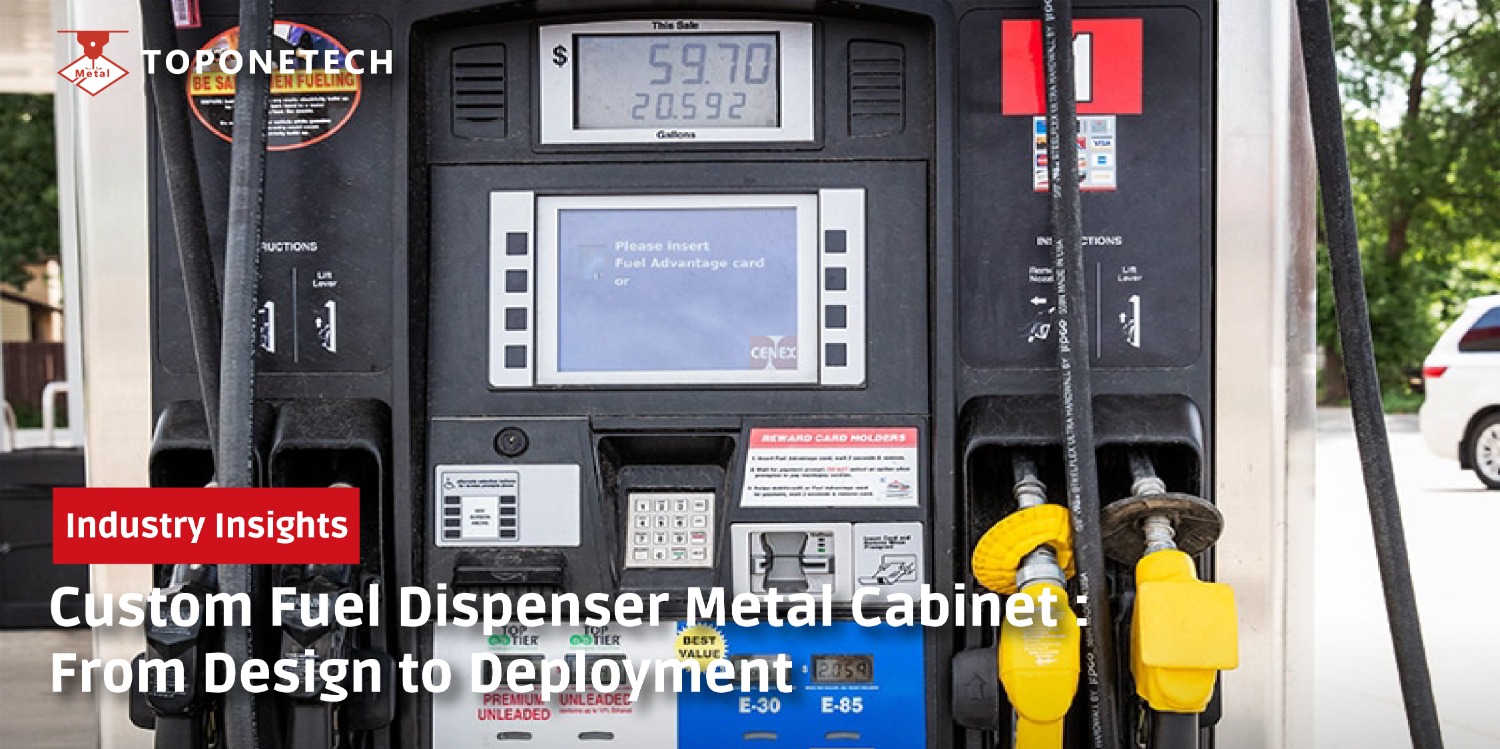
Aluminum Alloys in Sheet Metal: Versatility and Applications – Aluminum alloys have become a cornerstone in modern manufacturing, offering a combination of lightweight, strength, and versatility. These alloys are particularly prevalent in sheet metal form, where they are used across a wide range of industries. From automotive and aerospace to construction and electronics, aluminum alloy sheet metal plays a crucial role in creating durable, efficient, and innovative products. This article explores the properties, types, and applications of aluminum alloy sheet metal, highlighting why it is a preferred choice for manufacturers worldwide.
Properties of Aluminum Alloys
Aluminum alloys are prized for their unique set of properties that make them suitable for various applications:
- Lightweight: Aluminum is significantly lighter than steel, which reduces the overall weight of products and improves fuel efficiency in transportation applications.
- Strength: Alloying aluminum with elements like copper, magnesium, silicon, and zinc enhances its strength while maintaining its lightweight nature.
- Corrosion Resistance: Aluminum naturally forms a protective oxide layer, which resists corrosion and enhances durability in harsh environments.
- Conductivity: Excellent electrical and thermal conductivity makes aluminum alloys ideal for applications requiring efficient heat dissipation or electrical conduction.
- Formability: Aluminum sheet metal is easy to form, bend, and fabricate, allowing for the creation of complex shapes and designs.
- Recyclability: Aluminum is highly recyclable without losing its properties, making it an environmentally friendly material.
Common Types of Aluminum Alloys in Sheet Metal
Several aluminum alloys are commonly used in sheet metal form, each offering distinct properties tailored to specific applications:
- Series 1000 (Pure Aluminum):
- Characteristics: High corrosion resistance, excellent thermal and electrical conductivity, good formability.
- Applications: Electrical and chemical applications, food and beverage packaging.
- Series 3000 (Aluminum-Manganese Alloys):
- Characteristics: Good corrosion resistance, moderate strength, good formability.
- Applications: HVAC equipment, cooking utensils, chemical equipment.
- Series 5000 (Aluminum-Magnesium Alloys):
- Characteristics: High strength, excellent corrosion resistance, good weldability.
- Applications: Marine environments, automotive panels, pressure vessels.
- Series 6000 (Aluminum-Magnesium-Silicon Alloys):
- Characteristics: Medium to high strength, good corrosion resistance, good machinability.
- Applications: Structural applications, bridges, buildings, automotive components.
- Series 7000 (Aluminum-Zinc Alloys):
- Characteristics: Very high strength, good fatigue resistance, less corrosion resistance compared to other series.
- Applications: Aerospace components, high-stress structural parts, sporting equipment.
Applications of Aluminum Alloy Sheet Metal
The versatility of aluminum alloy sheet metal is reflected in its widespread use across various industries:
-
Automotive Industry
- Body Panels: Lightweight and strong, aluminum alloys improve fuel efficiency and vehicle performance.
- Heat Exchangers: Excellent thermal conductivity makes aluminum ideal for radiators and heat exchangers.
-
Aerospace Industry
- Aircraft Structures: High strength-to-weight ratio is critical for aircraft fuselages, wings, and other structural components.
- Interior Components: The use of lightweight and corrosion-resistant materials significantly enhances the durability and efficiency of aircraft interiors. Lightweight materials, such as aluminum alloys and composite materials, reduce the overall weight of aircraft interiors, which is crucial for optimizing fuel efficiency and operational costs. By minimizing the weight of cabin components like seats, overhead bins, and partitions, airlines can increase payload capacity or extend flight range, contributing to improved economic performance and environmental sustainability.
-
Construction Industry
- Building Facades: The corrosion resistance and formability of aluminum alloys make them highly suitable for modern architectural designs. Aluminum alloys are chosen for architectural applications because they can withstand exposure to environmental elements such as moisture, humidity, and pollutants without corroding or degrading over time. This property ensures that buildings and structures maintain their aesthetic appeal and structural integrity over extended periods with minimal maintenance.
- Structural Components: Aluminum alloys offer significant advantages in strength and durability, making them suitable for a wide range of infrastructure projects including bridges and buildings. These alloys are chosen for their robust mechanical properties. Moreover, it allows them to withstand heavy structural loads and harsh environmental conditions over extended periods. Their high strength-to-weight ratio makes aluminum alloys particularly advantageous in situations where reducing weight without compromising structural integrity is critical, such as in lightweight bridges and high-rise buildings.
-
Electronics Industry
- Enclosures and Casings: Aluminum alloys are favored for electronic device enclosures and heatsinks due to their lightweight nature and excellent conductivity. These alloys provide efficient heat dissipation, crucial for maintaining optimal operating temperatures in electronic devices. Their lightweight properties contribute to overall device portability and ease of handling during assembly and maintenance. Additionally, aluminum alloys can be easily machined and formed into complex shapes, allowing for customized designs that meet specific performance and aesthetic requirements in electronics manufacturing. By combining lightweight construction with effective thermal management, aluminum alloys play a pivotal role in enhancing the performance, reliability, and longevity of electronic devices across various industries.
- Circuit Boards: Aluminum’s high thermal conductivity plays a crucial role in effectively dissipating heat from circuit boards and electronic components. This property allows aluminum to efficiently transfer heat away from sensitive electronic parts. It is helping to maintain optimal operating temperatures and prevent overheating. By facilitating rapid heat dissipation, aluminum contributes to the reliability and longevity of electronic devices. It is reducing the risk of performance degradation or component failure due to excessive heat buildup. As a result, aluminum is widely utilized in the design and manufacturing of heat sinks, enclosures, and other thermal management solutions for electronics. It is ensuring stable and efficient performance across various applications.
-
Marine Industry
- Boat Hulls: The corrosion resistance and strength inherent in aluminum alloys make them exceptionally well-suited for constructing boat hulls and marine structures. Manufacturers choose aluminum alloys for marine applications because they naturally form a protective oxide layer. It prevents corrosion from saltwater and atmospheric exposure. This property ensures the longevity and durability of boat hulls and marine structures, even in harsh marine environments.
- Offshore Structures: The durability of materials in harsh marine environments is crucial. Furthermore, it is ensuring the prolonged performance and reliability of offshore platforms and equipment. These environments subject structures and equipment to severe conditions such as saltwater exposure, high winds, and corrosive elements. It can leads to degradation and structural integrity issues if not properly addressed.
Advancements in Aluminum Alloy Sheet Metal
Ongoing research and development in aluminum alloys focus on enhancing their properties and expanding their applications:
High-Performance Alloys
The development of new alloys with enhanced characteristics such as superior strength, corrosion resistance, and formability marks a significant advancement in materials science, particularly for advanced applications. Engineers design these alloys to exceed traditional materials by providing increased tensile strength. Furthermore, it is crucial for withstanding heavy loads and harsh operating conditions. Furthermore, enhanced corrosion resistance ensures prolonged durability in challenging environments. It is making them ideal for marine, aerospace, and automotive industries where exposure to moisture and chemicals is common.
Moreover, the improved formability of these alloys allows for intricate shaping and molding without sacrificing structural integrity. It is enabling manufacturers to create complex components with precision. By continually refining alloy compositions and manufacturing techniques, researchers and engineers strive to push the boundaries of material performance, thereby unlocking new possibilities for lightweight, durable, and sustainable solutions in various sectors.
Surface Treatments
Innovative coatings and surface treatments play a crucial role in enhancing both the durability and aesthetic appeal of aluminum sheet metal. These advancements involve the application of specialized coatings that provide superior protection against corrosion, weathering, and abrasion, thereby extending the lifespan of aluminum products. Furthermore, manufacturers can tailor these coatings to achieve various aesthetic effects, such as different colors, textures, or finishes. It is enhancing the visual appeal and versatility of aluminum in architectural, automotive, and consumer product applications. By combining durability with customizable aesthetics, these innovations not only elevate the performance of aluminum but also expand its range of practical and aesthetic uses across diverse industries.
Sustainable Manufacturing
Efforts aimed at reducing the environmental impact of aluminum production focus on implementing advanced recycling techniques and optimizing energy-efficient processes throughout the entire production cycle. By enhancing recycling methods, such as closed-loop systems that minimize waste and maximize material recovery, and by adopting energy-efficient technologies that decrease overall energy consumption and emissions, the aluminum industry strives to lessen its environmental footprint significantly. These initiatives not only contribute to conserving natural resources but also promote sustainable practices that support long-term environmental health and economic viability.
In conclusion, aluminum alloy sheet metal is a versatile and indispensable material in modern manufacturing. Its blend of lightweight, strength, corrosion resistance, formability, and conductivity makes it a favored option in diverse industries worldwide. Moreover, from enhancing the performance of vehicles and aircraft to providing durable and efficient solutions in construction and electronics, aluminum alloys continue to drive innovation and sustainability in manufacturing. Furthermore, advancements in technology will broaden aluminum alloy sheet metal possibilities through the development of new alloys and processing techniques. It’s solidifying its role as a key material in the future of engineering and design.
We can customize various types of sheet metal products, specially designed certainly for your application scenarios!
Contact us for further information :
Whatsapp/Call us at : +86 13631610695
Email : sales@toponetechmetal.com



